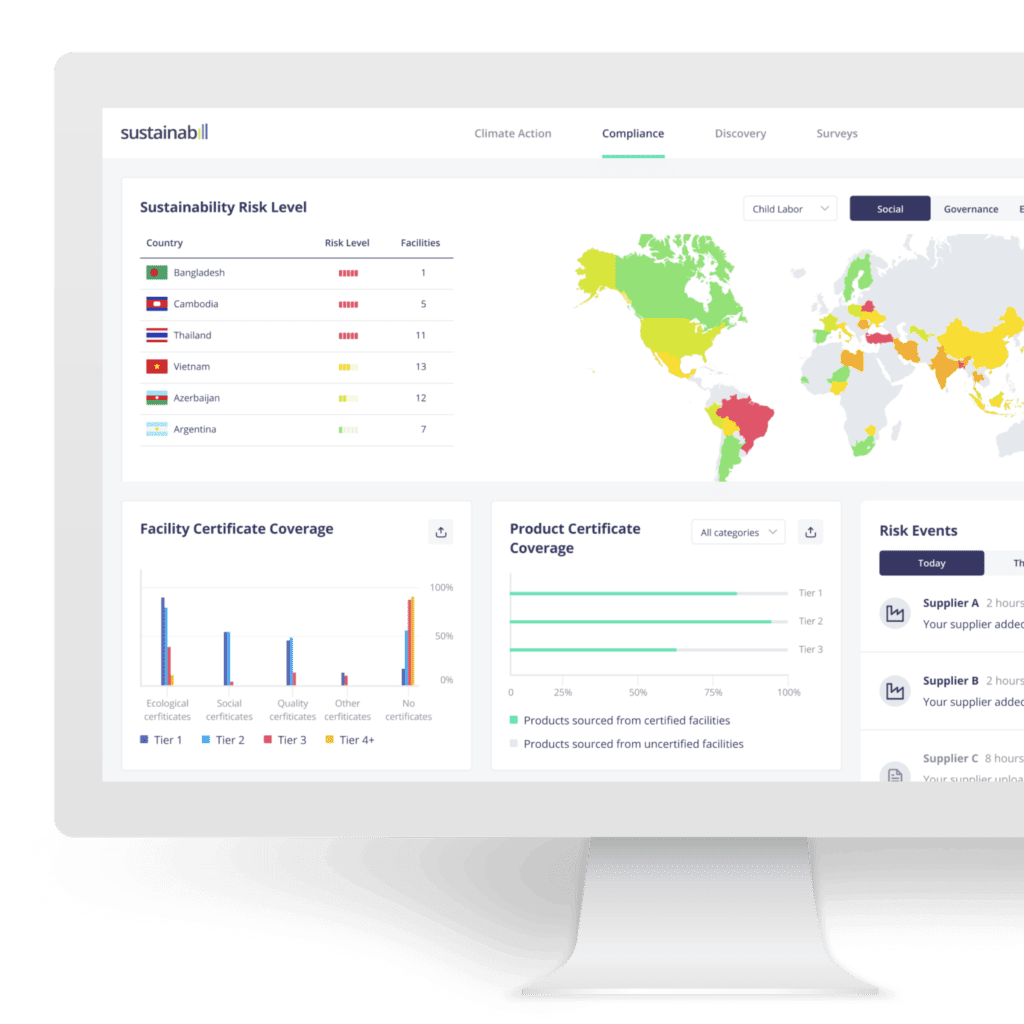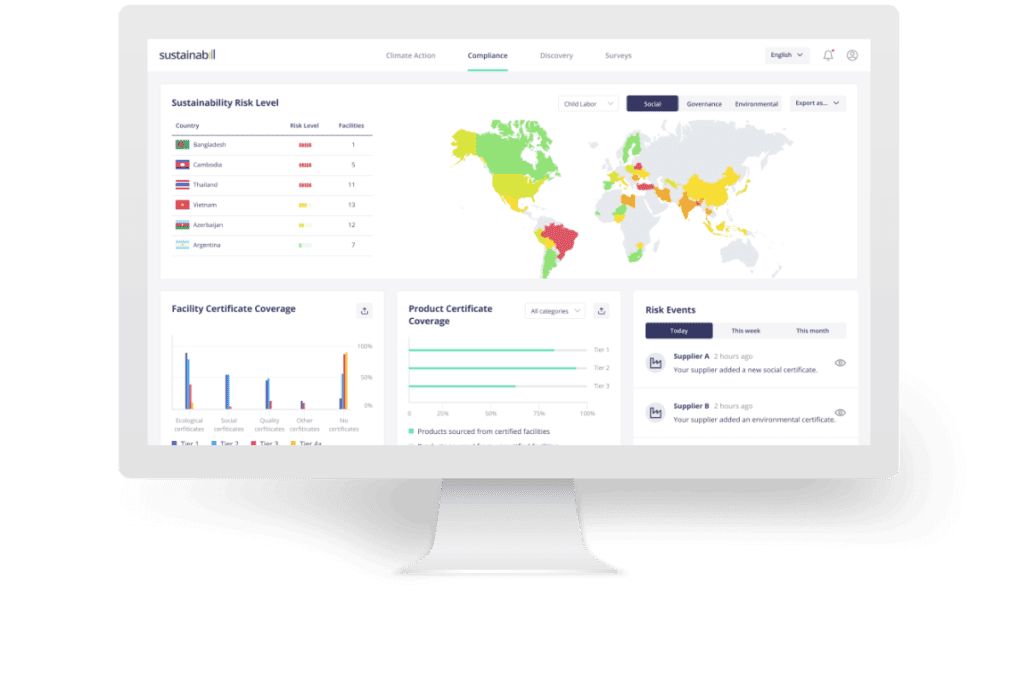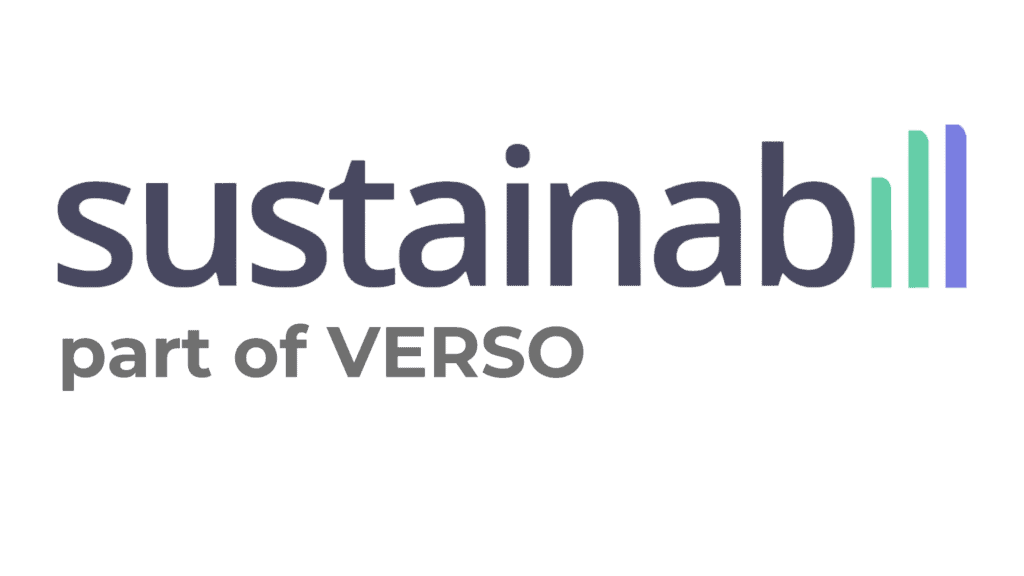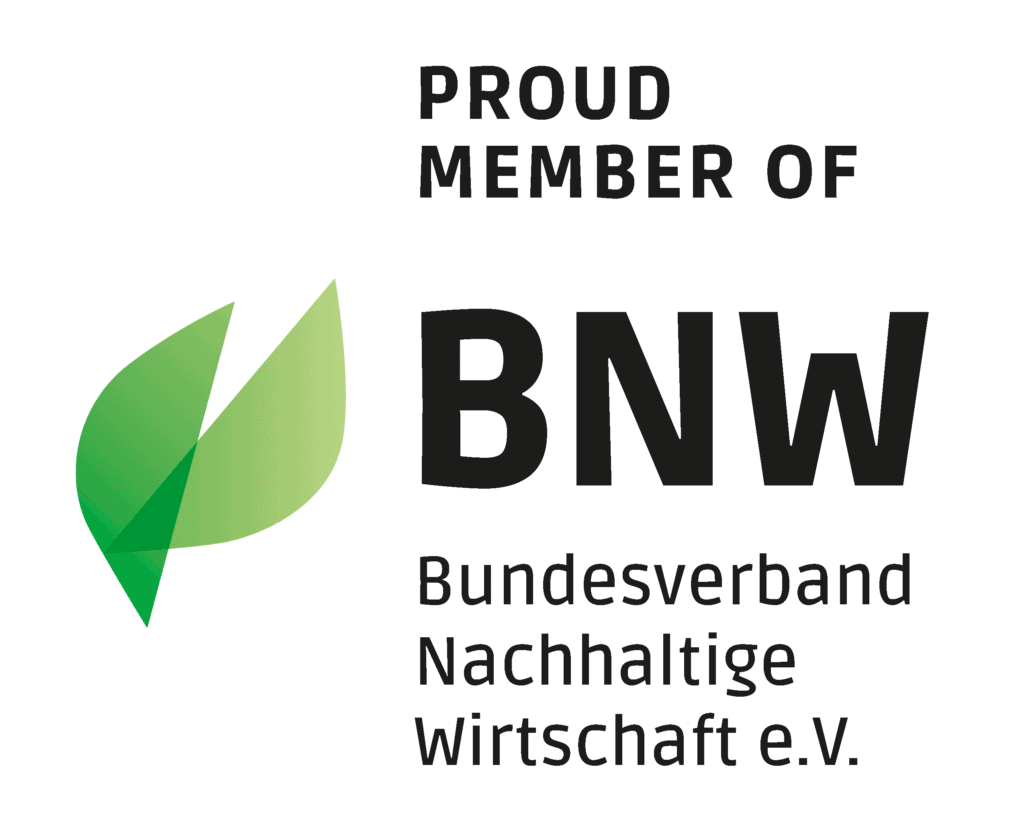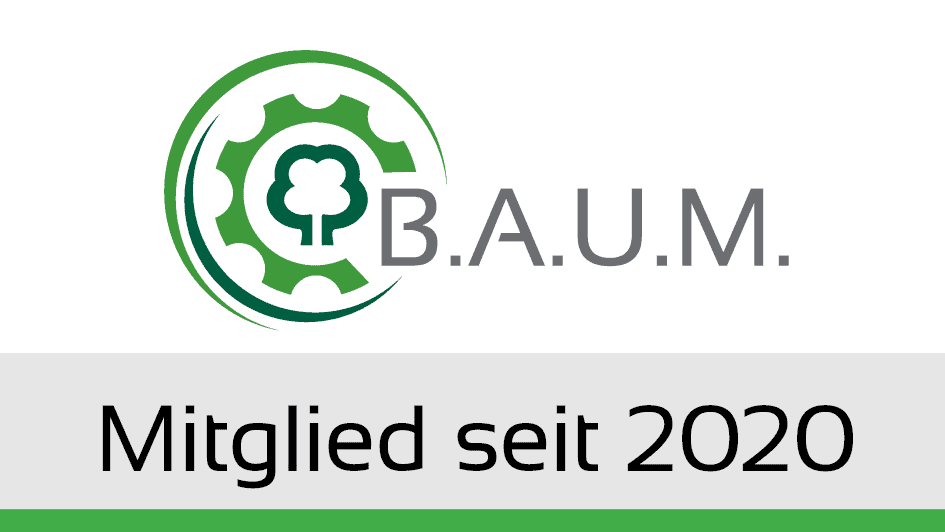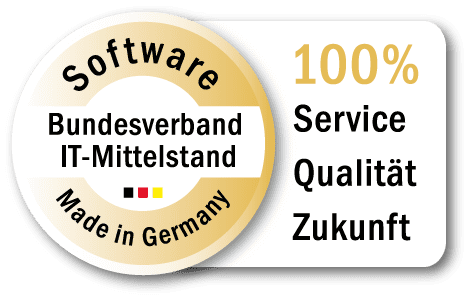“Europe´s man on the moon moment” is how EU president Ursula von der Leyen has described the European Green deal. With the high ambition “to reconcile the economy with our planet”, the Green Deal climate policy was presented on December 11, 2019 as Europe’s new growth strategy to address the fourth industrial revolution. The deal´s objectives are all aimed at the challenging overarching goal: net-zero emissions in law by 2050. However, with the present crisis, it seems difficult to withstand the temptation of replacing this goal with short-term solutions.
Net-zero emissions in law by 2050
In March, just before the crisis started, a proposal for a European climate law to achieve CO2-neutrality was presented by the Commission. As a staging post to 2050, it sets an update of the EU’s climate ambition for 2030, a 50-55% cut in greenhouse gas emissions (compared to 1990), replacing the current 40% objective. Considering that since 1990, the EU has only cut emission by 23% so far, it is clear how challenging this plan is.
How COVID-19 impacts the Green Deal
Although the COVID19 outbreak is delaying the timetable of the deal, it is also adding an urgency to the plan. Ursula Woodburn, head of EU relations for Corporate Leaders Group (CLG) Europe, states that “the point will be to make sure that any stimulus is a Green Deal stimulus”.
The EU was even requested by the F20 Foundations to look at the interdependencies between the climate and the COVID-19. The F20 Foundations, a platform of more than 50 foundations and philanthropic organizations, underlines the importance of joint, transnational actions towards sustainable development.
Impact for companies
The European Green Deal includes a roadmap of key actions planned for this year and next. Further, the Commission published a broad industrial strategy offering input for strategic industrial value chains and a revised circular economy action plan calling for all industries to make their business models more circular.
Every EU law and regulation in all businesses and industries will be reviewed to align them with the goal of net-zero emissions. Companies will have to steer their operations towards net zero in the next years. “They’ll have to look at what is [their] climate or carbon risk; look at their supply chains and products” states Woodburn.
One aspect of the climate law is a “carbon border adjustment mechanism” which is proposed for several sectors starting in 2021. This “carbon border tax” forces non-European importers to buy allowances of CO2 emissions in the EU. This would increase the cost for importing materials from outside the EU and aims to avoid the risk of carbon leakage.
We need to stay on track
The lesson learned from the Covid-19 crisis is that early action is essential. Considering the roadmaps and actions already taken as well as the costs of inaction from climate change and biodiversity losses, it seems unlikely that the ambitions will be dropped. We at sustainabill support all activities towards a more sustainable development. We are here to help you to go beyond short-time crisis management by making your supply chains more transparent and sustainable.
See further information and the original documents on the EU website: the Green Deal roadmap, the European Climate Law, the circular economy action plan and the European industrial strategy as well as factsheets and details for the policy areas on sustainable industry, the farm to fork strategy and taxation.

